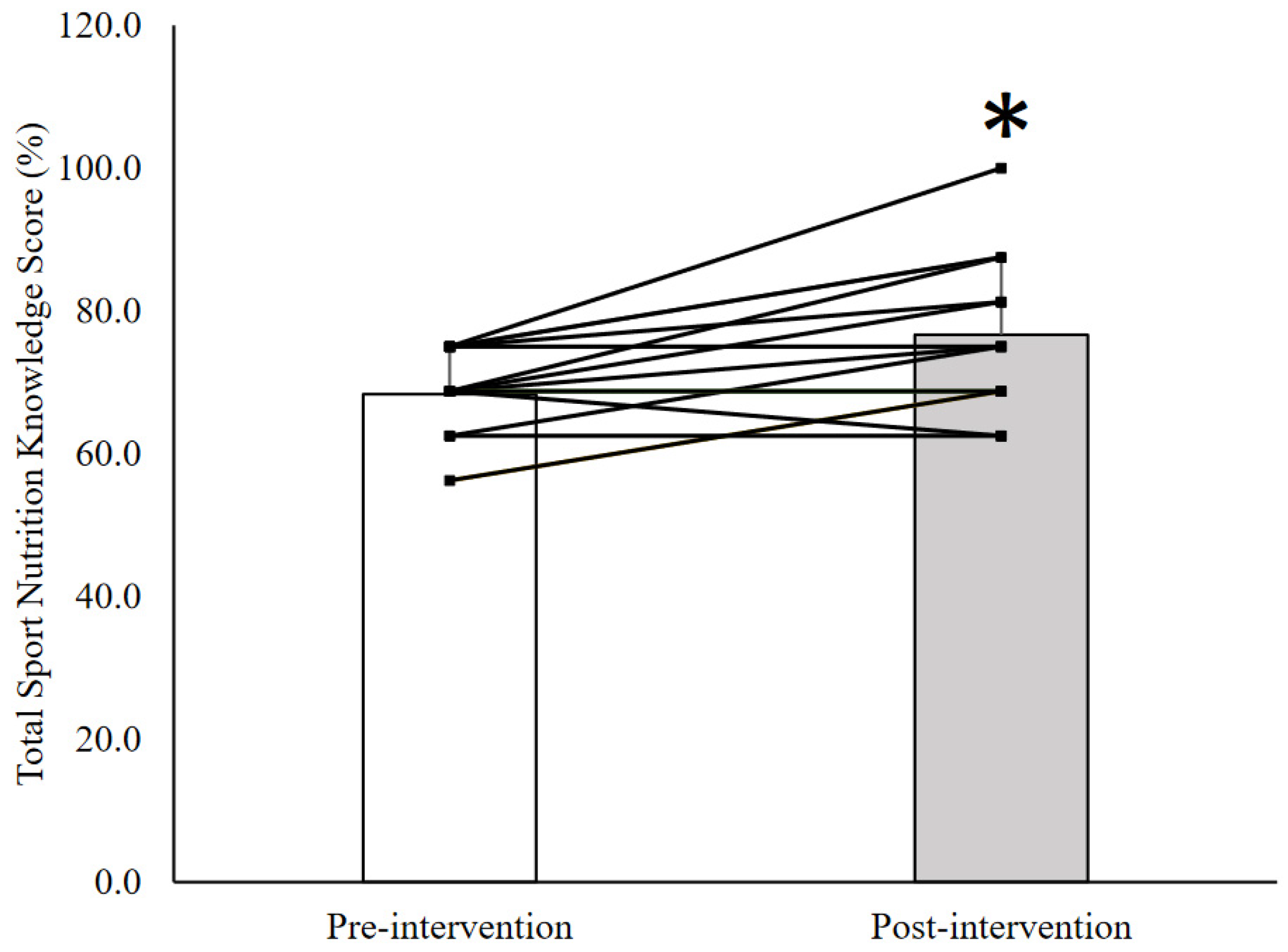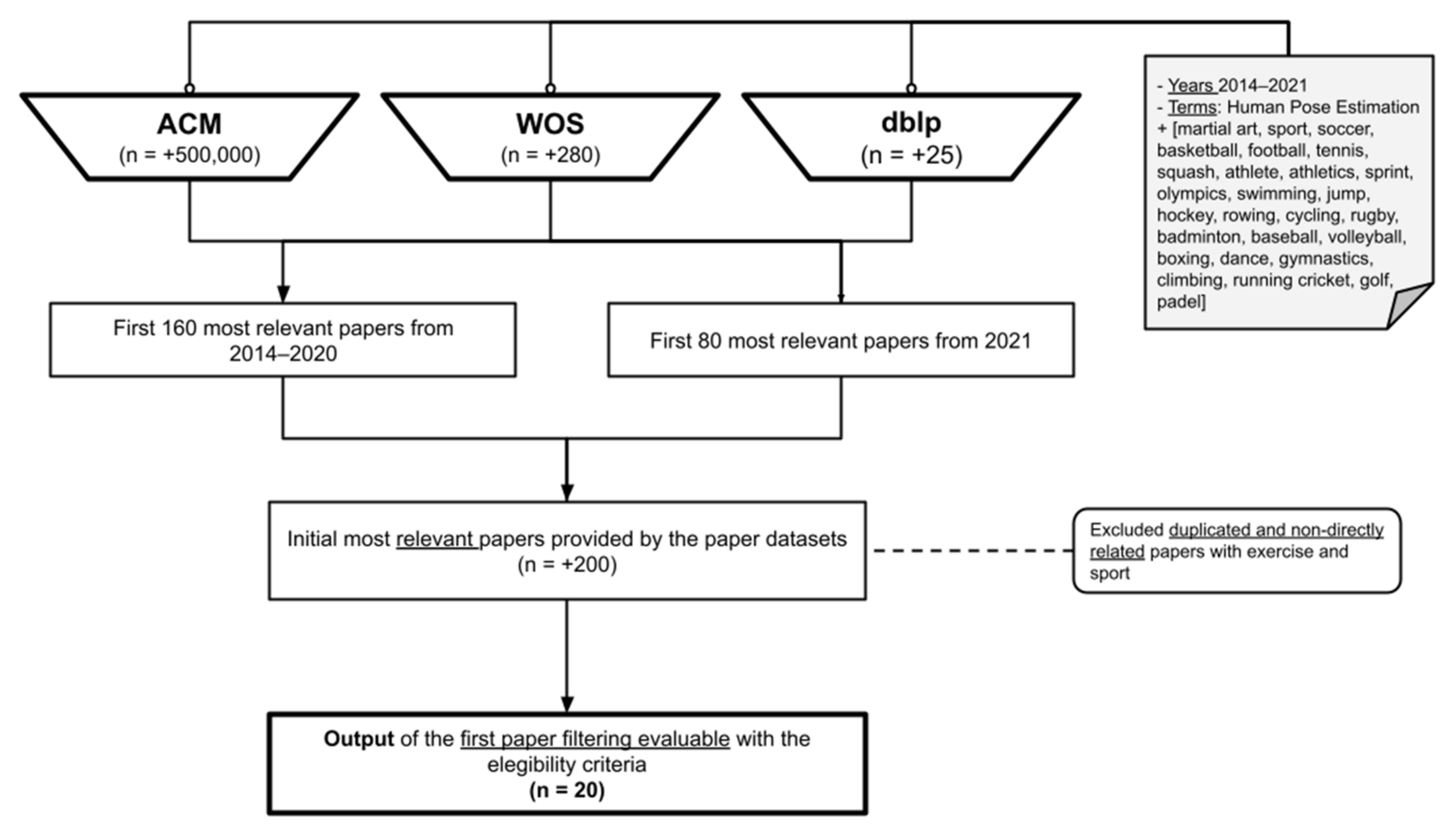

Because we cannot complete the skill quickly, we tend to focus on just getting it done. This might happen when we are just getting the hang of a skill. Sometimes, however, we might favor accuracy over speed. What I find interesting about this particular situation is how our perceived need to act fast often initiates a cycle of several reaches and misses, which ends up taking far longer than if we had simply slowed down in the first place. Because you knew that you had one short opportunity to hit the switch, you probably emphasized speed and in some cases missed the switch completely. For example, think about how many times you have hurriedly reached to flip a light switch as you passed by it without slowing your stride. When we are compelled to act quickly, we can sometimes emphasize speed over accuracy and actually end up missing the goal of the task entirely. This is usually not a problem until we are faced with a task that gives us a limited amount of time to respond. Both of these examples demonstrate the fact that many tasks require us to trade between speed and accuracy in our movements. Similarly, you also know that you need to slow down to ensure that your key goes into the lock when you want to open your front door. For example, you know from experience that the faster you move your computer mouse, the more likely you are to miss the icon you are moving to click. You have probably experienced speed-accuracy trade-offs many times as you have completed various tasks (Fitts, 1954).

This is an excerpt from Fundamentals of Motor Behavior by Jeffrey Fairbrother.


 0 kommentar(er)
0 kommentar(er)
